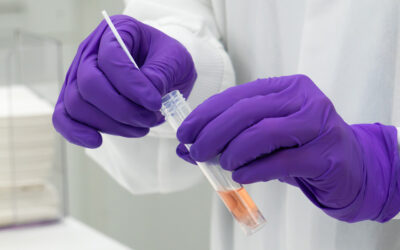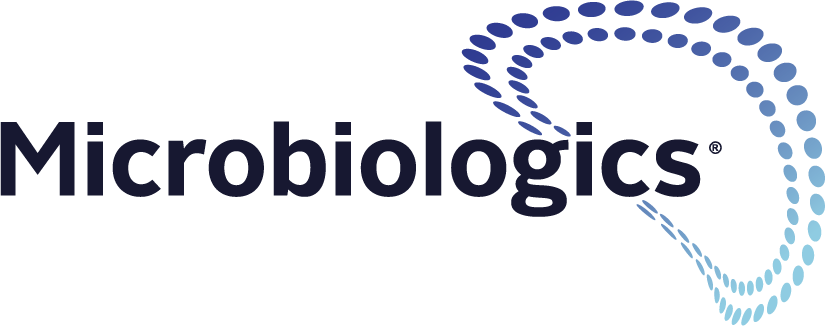The human body is an amazing collection of cells and systems that work together to keep us alive and functioning. Within this collection of cells, there are billions of tiny organisms living inside the body that are critical to human physiology. These organisms have recently been referred to as the “forgotten organ”, and without them we would not be able to survive. Researchers continue to study this symbiotic relationship and how we can better support these tiny creatures that reside within us.
Your Microbial Community
It is a well-known fact that the human body is composed of more bacteria cells than human cells. A vast majority of these bacteria cells reside in your intestines to create your gut microbiota. These gut microbes develop shortly after birth and are critical to metabolic processes and immune function. They support food digestion, regulate the immune system, protect against disease causing organisms and help produce vitamins. Your microbial community develops and changes over time based on environmental factors, diet and exercise. Everything you do, from where you live, to what you eat and your activity levels, can affect your microbiota and ultimately affect how you feel physically and mentally.
Studies have shown that a diverse gut microbiota is helpful to your overall physical and mental health. A healthy microbial community is most commonly created by a diverse diet of colorful fruits and vegetables, fermented foods, probiotics, whole grains and protein. It is not just what we eat that affects our gut, but also what we do.
The Importance of Exercise
Exercise is beneficial to our overall health and to those small microorganisms in our digestive system. Scientists have found that people who exercise have more beneficial bacteria in their gut compared to those with a more sedentary lifestyle. The sooner someone starts incorporating exercise into their lifestyle the better, according to a University of Colorado study.
Additional research is needed, but preliminary studies have shown that routine exercise at a young age improves the microbial community, including an expansion of probiotic species. Probiotics are categorized as “good” bacteria that aide in digestion and offer protection from harmful bacteria. A healthy and diverse gut community is thought to counteract inflammation, promote healthy brain function, normalize weight, as well as have anti-depression effects.
Another study conducted by the University College of Cork compared the gut microbiomes of 40 rugby players to a group of men of a similar age who did not exercise. They found a more diverse range of microbes in the GI tracts of the rugby players. More research and a more detailed examination of their diet are also necessary. However, this study and others using mice have shown that exercise does help diversify gut microbes.

Kelly Hedlund, Microbiologics Midwest Area Sales Manager and post author, after completing the 2016 Niagara Falls Half-Marathon
Why Do Gut Microbes Matter?
In the majority of Western countries, we are seeing increased stress levels partnered with less sleep and a reduced amount of exercise. Western countries are eating more cheeseburgers and less broccoli, and spending more time on our phones rather than being active outdoors. All of these behaviors affect our body and can lead to a microbial imbalance which affects our overall health.
Thinking about making a change to support your microbiota? Consider small changes to your diet – try a new fermented food or replace one meal with a vegetarian option. Find a fun activity that you enjoy such as biking or kayaking. Before sitting down to your favorite TV show, take a quick walk around the neighborhood. Your body, mind and the billions of bacterial cells in your gut will thank you later!
Resources:
Early-life exercise alters gut microbes, promotes healthy brain and metabolism
Exercise and associated dietary extremes impact on gut microbial diversity
Gut Bacteria in Health and Disease






Great information to get all of us motivated and exercise or increase our activity level.
Yeah I really agree with this article, I see a lot of people come into my pharmacy needing laxatives and such and most are very sedentary and most likely eat very unhealthy diets. Our digestive system is the largest organ system and it makes sense that if you treat it well you will feel better and be more healthy!
Great content! This is exactly the sort of thing I was looking for. Thanks for your help 🙂